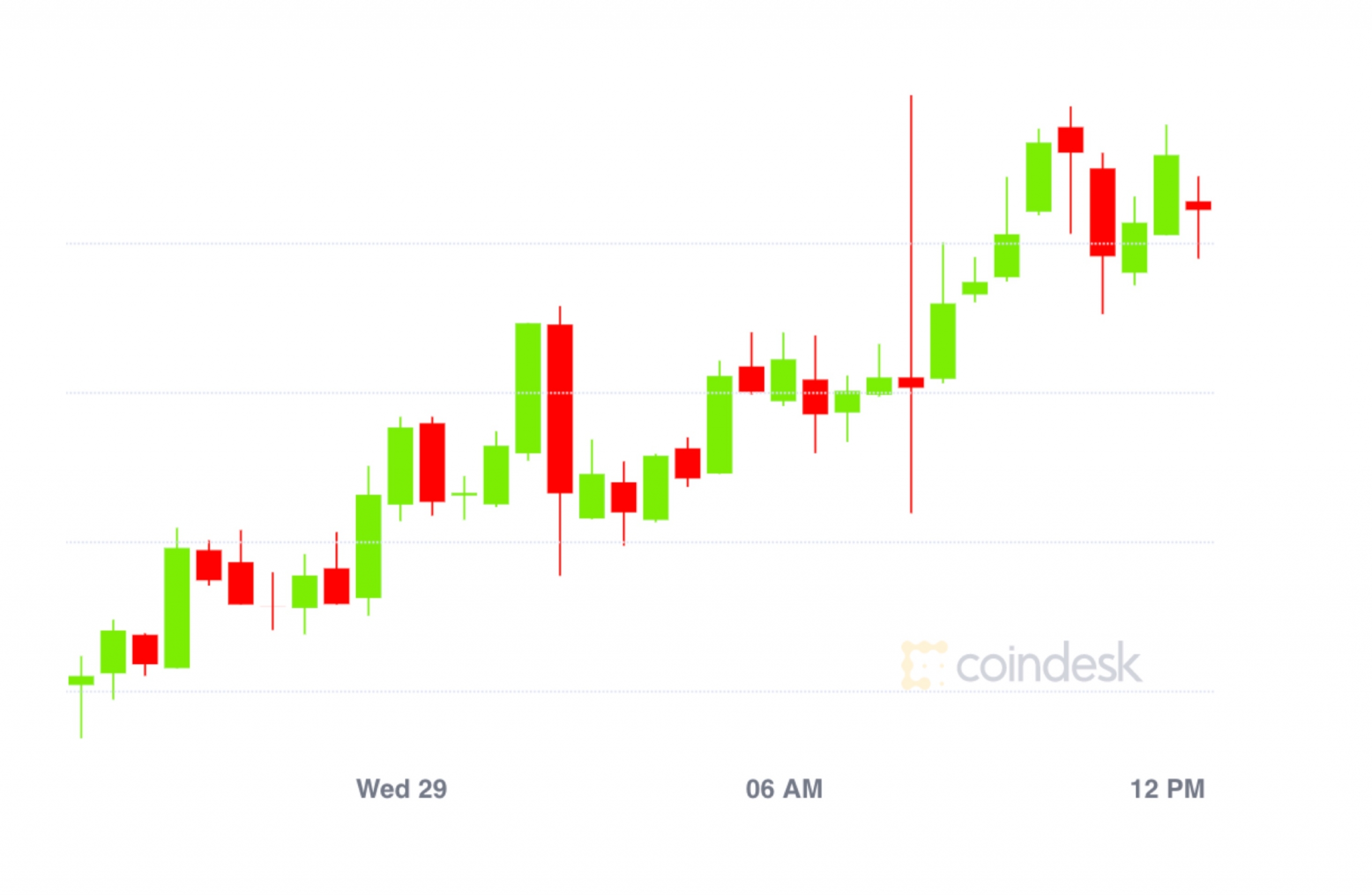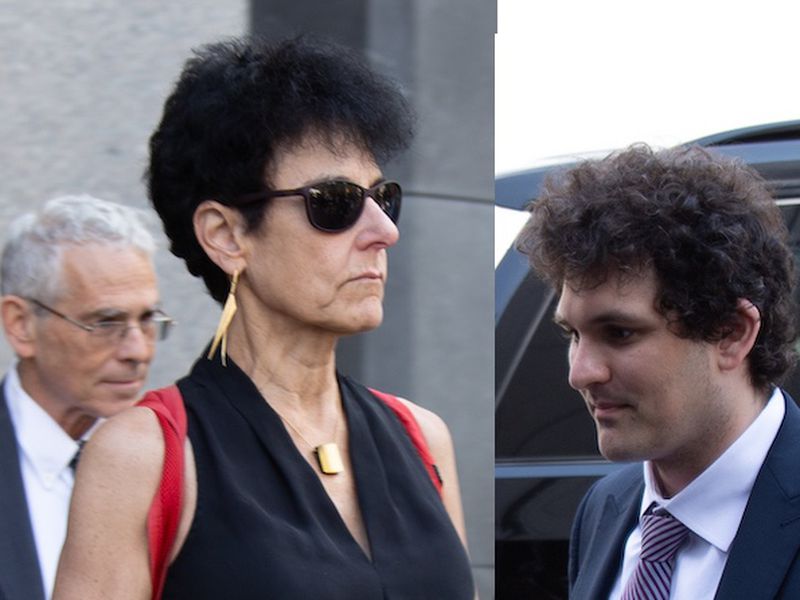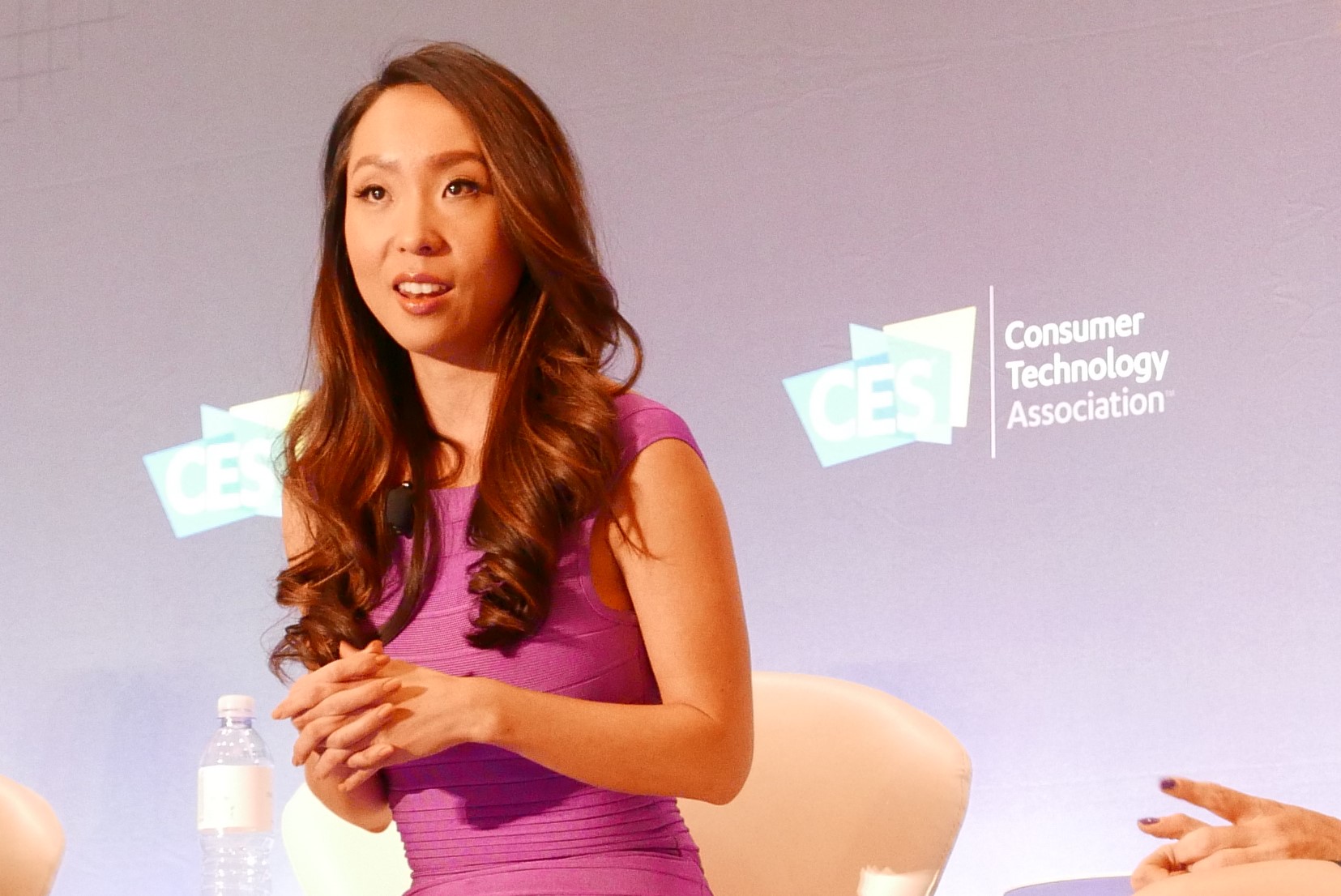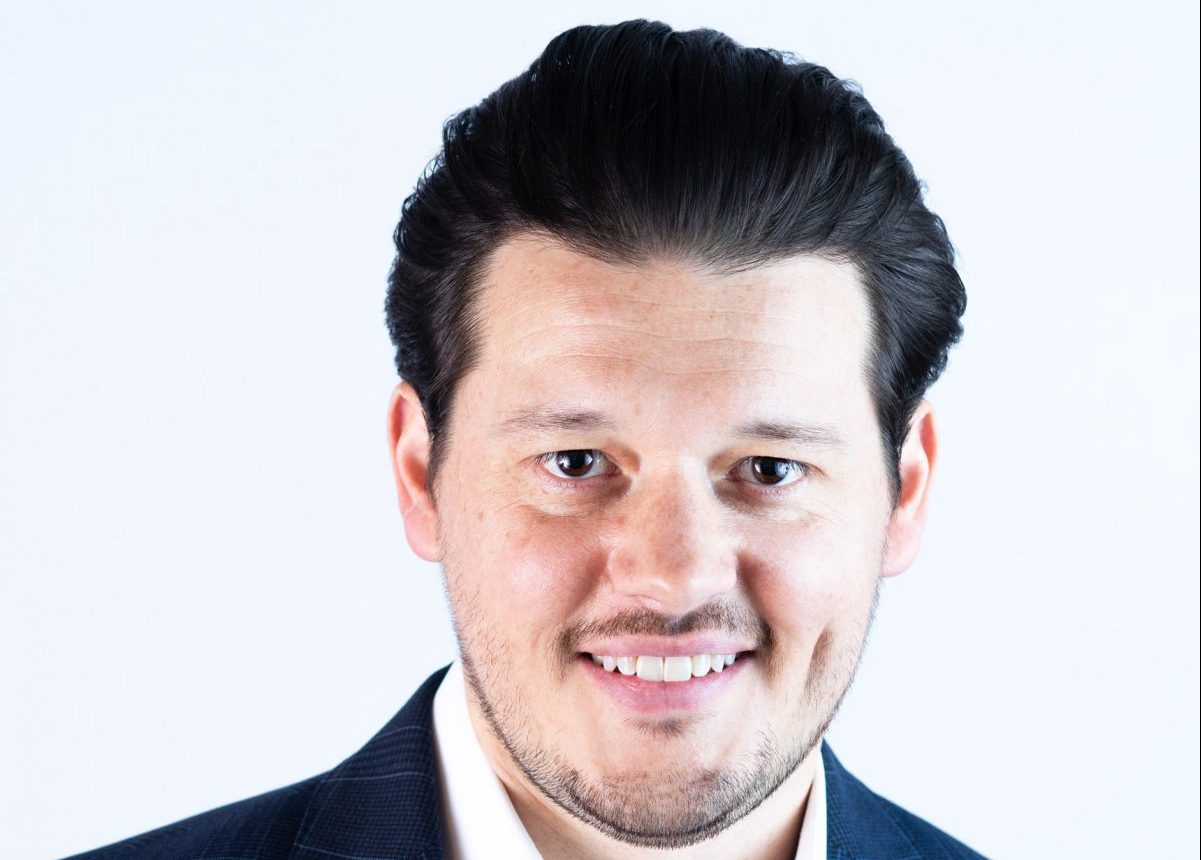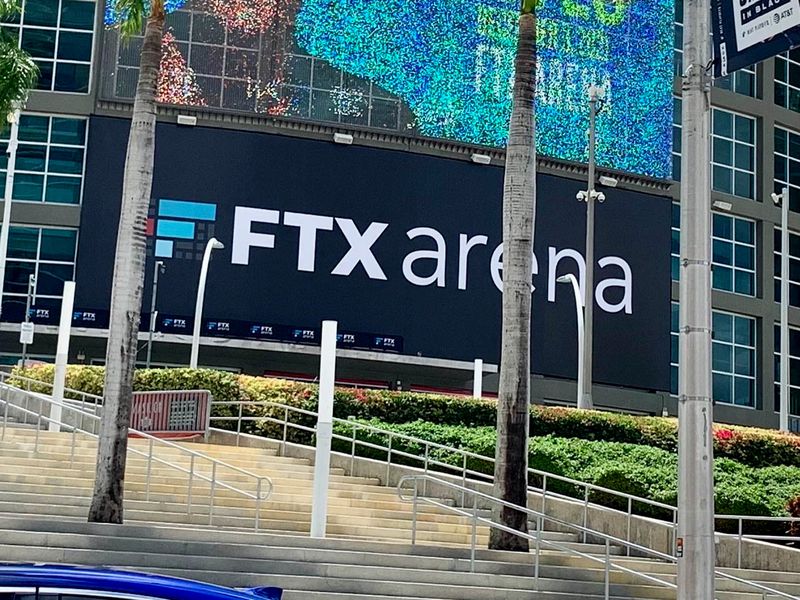Ethereum Leaders Are Slowly Courting Gulf Coast Royals and Investors

Ethereum’s leaders are pursuing a “moonshot” in the Middle East.
The Ethereum Foundation’s head of special projects, Virgil Griffith, told CoinDesk the nonprofit is partnering with finance experts in the Gulf Coast to show that the world’s second largest blockchain is compatible with Islamic law. Islamic finance customs adhere to certain beliefs, including the prohibition of earning interest on loaned funds.
The move is seen as a first step toward potentially securing investment from the region’s plutocrats.
“My job is to keep rolling dice,” Griffith told CoinDesk about work to certify ethereum’s Sharia compliance. “Probably nothing will happen. But there’s a hypothetical case where say, the Saudi sovereign wealth fund invests, like, a trillion dollars [in ethereum projects], which would be a real boon. That would be really great.”
Wan Hafizi Halim, an Islamic finance expert at Amanie Advisors in Dubai, told CoinDesk his firm issued a paper saying ethereum smart contracts can be halal, or compliant with Islamic banking rules. Halim said the research was conducted at the behest of the Ethereum Foundation, which is spearheaded by ethereum creator Vitalik Buterin.
“What we did with ethereum was just to provide the guidelines,” Halim told CoinDesk. “Any companies that wish to fundraise in Muslim countries, they can also approach Sharia scholars to assess their projects to see if they are compliant from end-to-end. … With the Sharia certification they obtain, that could provide some clarities and convince Muslim investors to participate and invest.”
Saudi Arabia’s Public Investment Fund (PIF), led by controversial Crown Prince Mohammed bin Salman, reportedly manages investments worth $300 billion. Griffith called this certification effort a “moonshot” with high upside if it works and low downside if it doesn’t. Yet it may not be far-fetched to imagine Gulf Coast royals investing in ethereum projects.
A cryptocurrency trader in Saudi Arabia with knowledge of the local regulatory authorities, who asked to remain anonymous because trading is currently forbidden in the Kingdom, told CoinDesk that Saudi leaders are interested in using ethereum for “national projects that will help the economy.”
“Most blockchain development here happens on ethereum,” he said. “People are still pretty cautious and only testing things out.”
ConsenSys ties
In the meantime, ethereum’s for-profit arm – the ConsenSys venture studio led by ethereum co-founder Joseph Lubin – has been establishing connections with Gulf Coast governments as well.
PIF, the Saudi sovereign wealth fund, has been in touch with ConsenSys, according to a source with knowledge of the matter. Still, it remains to be seen if Saudi royals will invest directly in any ethereum project.
ConsenSys has existing projects in the region outside of Saudi Arabia. In Dubai, ConsenSys partnered with local authorities on plans to help Sheikh Mohammed bin Rashid Al Maktoum make Dubai “the first city fully powered by blockchain by 2021.” Through a partnership with the Emirates Integrated Telecommunications Company, ConsenSys explored opportunities for digital permits and an automated “process of attesting any document by governmental entities.”
ConsenSys did not respond to requests for comment and we will update this article if we hear back.
Ethereum Foundation liaison Atif Yaqub, partner at the London-based crypto and real estate firm UKP Assets, told CoinDesk that ConsenSys isn’t involved in his current partnership with Amanie Advisors to develop an ethereum platform for issuing Sharia-compliant financial products and services.
Yaqub’s project, which he plans to spin out into a separate startup later this year, involves cooperation with the foundation and Griffith’s blockchain industry contacts but is not currently funded by the EF. Regardless, Yaqub said the work he’s doing with Griffith could benefit other startups, including Lubin’s ConsenSys investments, down the road.
“An Islamic institute or a government, if they were to engage and create a product, first they would look to see about this ethereum thing, what is it? Is it permissible for us to use within our structure? That part is already there,” Yaqub said, adding:
“If they [Muslim leaders] were to engage with ConsenSys, or anybody … if there’s already an ecosystem, or somebody developing a [compliant] ecosystem, it’s much easier for them to engage.”
Saudi Prince Mohammad bin Salmán image via Shutterstock


